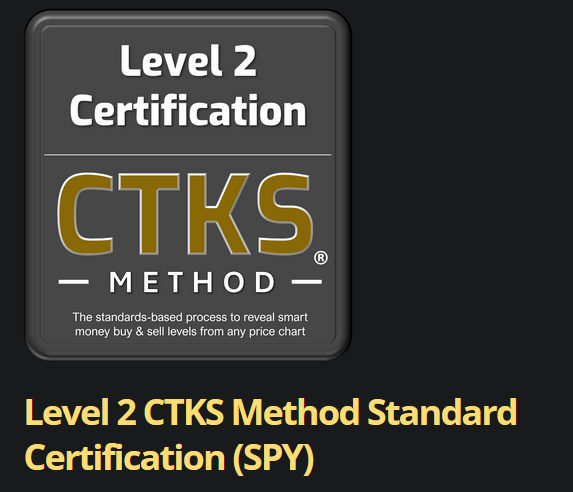-
Argentina started regulating bitcoin exchanges to adjust to FATF suggestions.
-
The nation was already on the FATF gray checklist in the previous, throughout the Cristina Kirchner authorities.
The plenary session of the Financial Action Task Force (FATF) confirmed that Argentina averted being included on the gray checklist, which penalizes international locations for deficiencies in the battle towards cash laundering and the financing of terrorism. This result’s primarily based on the Mutual Evaluation Report of the Argentine Republic, authorised after an analysis course of that lasted greater than a 12 months.
The announcement got here after a go to in March 2024, when a FATF delegation traveled to Argentina. This go to was essential, as it motivated the Argentine authorities to implement particular regulation for bitcoin (BTC) and cryptocurrency exchanges. This regulation contains the creation of a provider registry and the use of purchasers’ private information, as reported by CriptoNoticias.
In latest weeks, the ultimate report was despatched to the 200 jurisdictions which might be a part of the FATF world community to obtain your feedback. The vote on the approval of the doc was carried out in the presence of the Argentine delegation in France, which traveled to the European nation to fulfill with the group.
Mariano Cúneo Libarona, Minister of Justice and head of the delegation, mentioned after the vote that “thanks to the hard work of Javier Milei’s government” Argentina averted falling on the FATF gray checklist.
“From the Ministry of Justice, we responded to the observations made to us, to strengthen compliance with international standards, reaffirming our commitment against money laundering and the financing of terrorism,” mentioned the official, reviews Infobae.
The minister additionally talked about that, in the final 12 months, efforts had been deployed all through the public administration, the Judiciary and the Public Prosecutor’s Office. He additionally acknowledged that the FATF recognized some deficiencies in the Argentine system towards cash laundering, however expressed satisfaction with the approval of the report.
A price for bitcoiners
Although Argentina has managed to keep away from being included in the FATF blacklist, this evasion entails sacrifices when it comes to privateness and autonomy for bitcoiners and cryptocurrency customers. The new regulation requires elevated surveillance and diminished privateness for those that use cryptoasset exchanges inside the nation.
The bitcoiner group has already clearly expressed its discontent with these new provisions, particularly the obligation of exchanges to share customers’ private info, which they contemplate a transparent invasion of privateness, certainly one of the elementary ideas of Bitcoin.
What’s extra, there are those that qualify these measures by Argentina to adjust to the FATF, as treasonous actions by President Javier Milei in direction of cryptocurrency customers in the nation, as reported by CriptoNoticias.
The FATF, made up of the 40 most vital international locations in the world together with the United States, Germany, China and Brazil, together with organizations comparable to the IMF and the World Bank, is a key group in world monetary regulation.
Being included in the FATF black or gray checklist can have critical financial penalties for a rustic, comparable to monetary restrictions and lack of worldwide confidence.
Argentina was already on the gray checklist throughout Cristina Kirchner’s second authorities, on account of having a weak system towards cash laundering and terrorist financing. The state of affairs was corrected throughout the authorities of Mauricio Macri.
The full Mutual Evaluation Report doc shall be revealed earlier than the finish of the 12 months by the FATF, and can element the steps that Argentina should comply with to strengthen its system towards cash laundering, terrorist financing and terrorism itself. This achievement is seen as a victory for the authorities of Javier Milei, which has prioritized alignment with worldwide requirements in monetary and safety issues.












